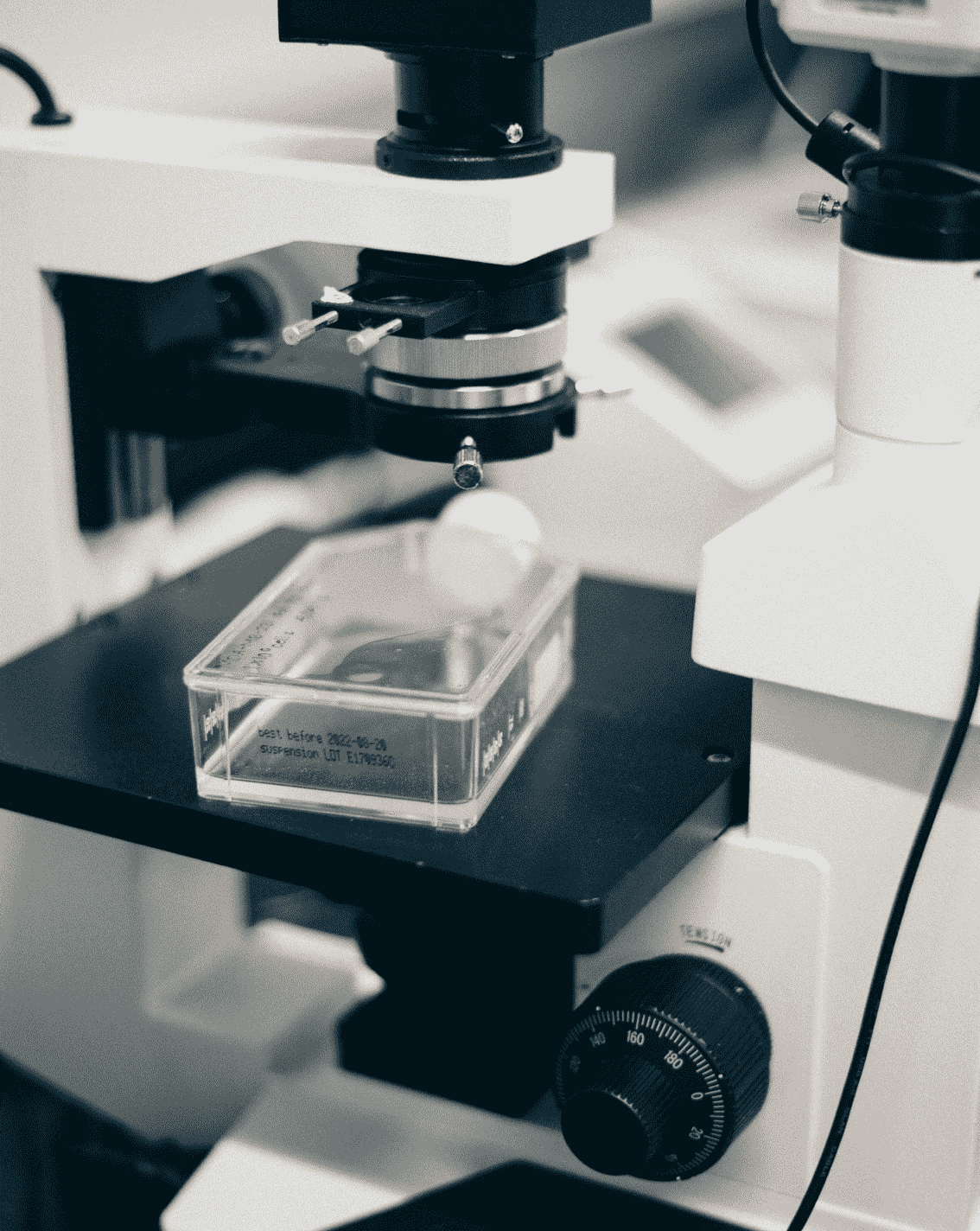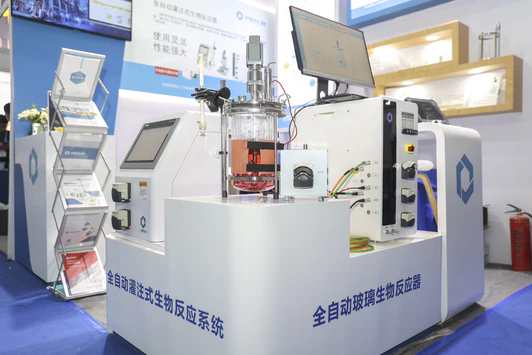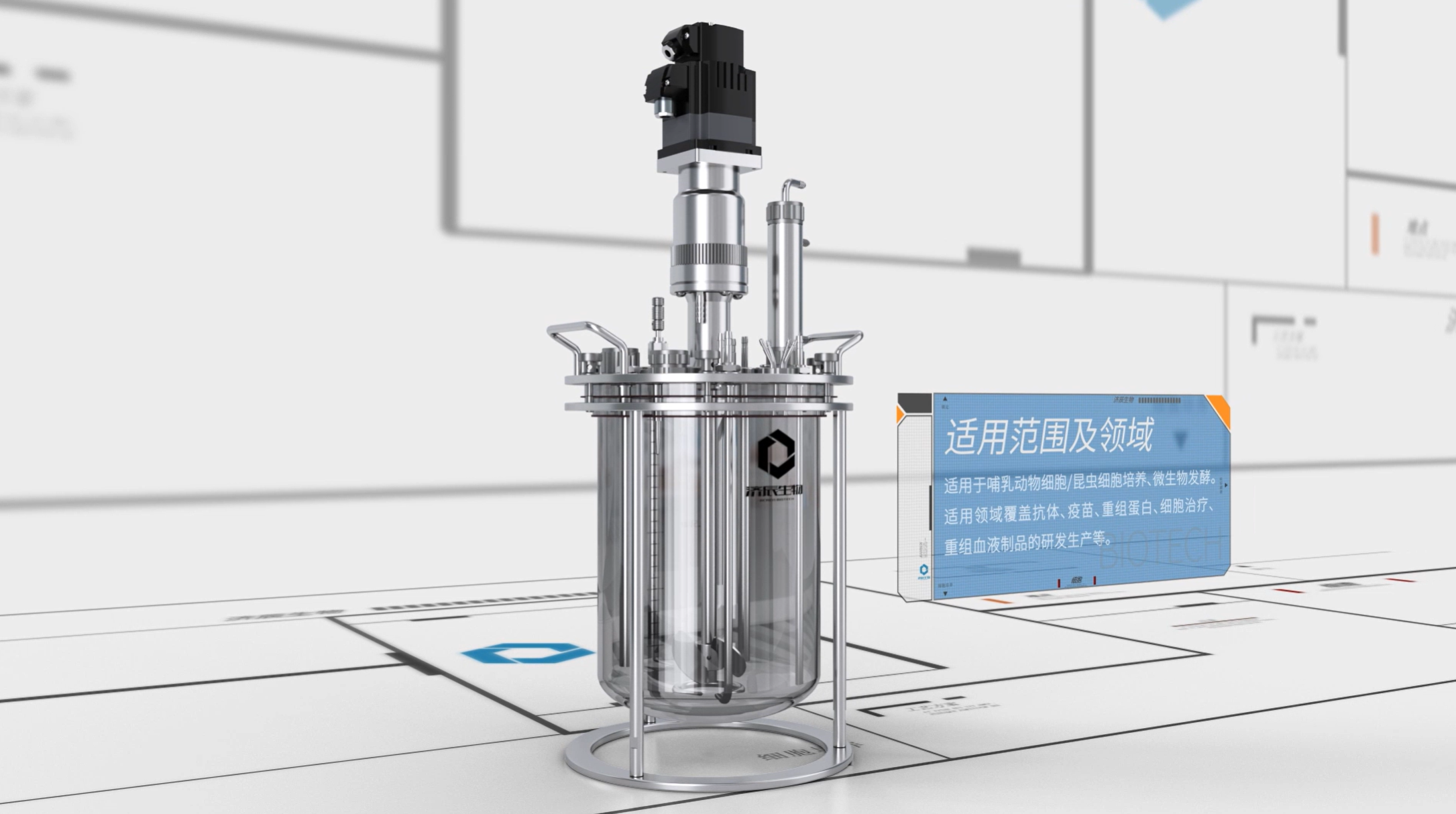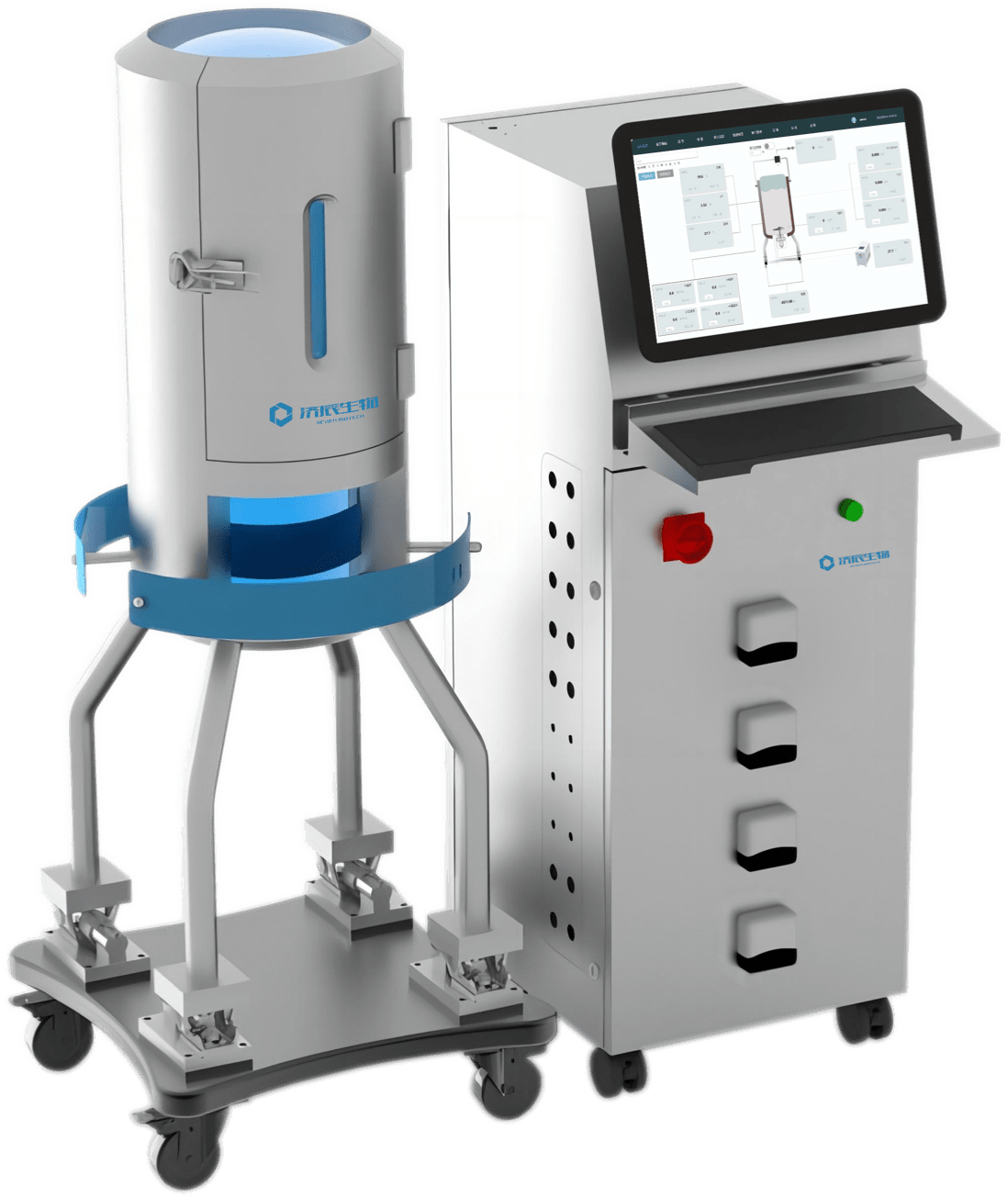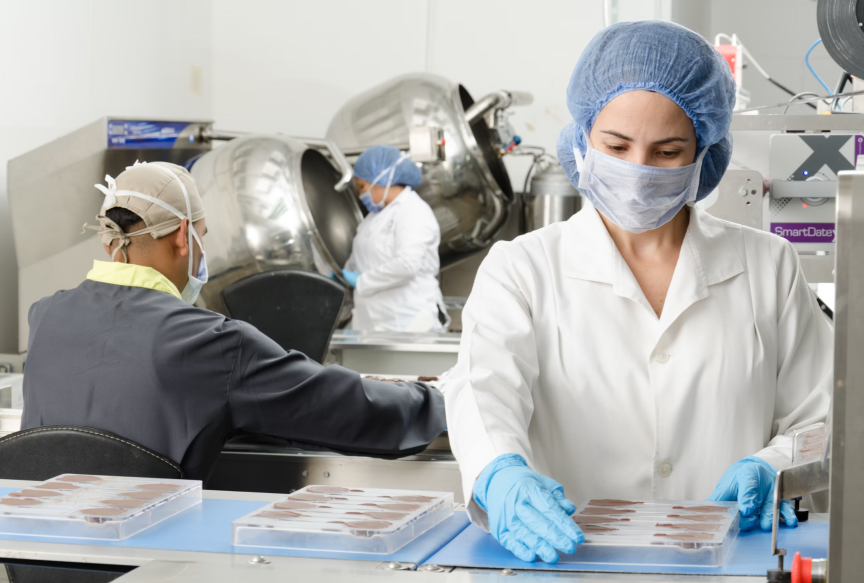With the rapid development of science and technology, the biomedical industry has an increasing demand for experimental data. Laboratory automation system, as an efficient and precise means of experimentation, has gradually become a key factor in promoting the development of the biomedical industry. In this paper, we will introduce in detail the concept, classification, application in biomedical industry and its development trend of laboratory automation system.
Overview of Laboratory Automation Systems
- Definition
Laboratory automation system refers to a system that integrates, controls, optimizes, and manages various equipment and experimental processes in a laboratory using computer technology, automation technology, and information technology.
- Classification
Laboratory automation systems can be divided into the following categories:
(1) Sample pre-treatment automation system: including sample preparation, extraction, purification and other processes.
(2) Analysis and testing automation system: including chromatography, mass spectrometry, spectroscopy and other analytical instruments for automated operation.
(3) Data processing and management system: collecting, storing, processing, analyzing and managing experimental data.
(4) Laboratory Information Management System (LIMS): to achieve optimal allocation of laboratory resources, monitoring and management of the experimental process.
Laboratory automation systems in the biomedical industry
- drug discovery and development
laboratory automation systems play an important role in the drug discovery and development process. Through automated systems, researchers can quickly and efficiently conduct compound screening, activity evaluation, and pharmacodynamics testing, thereby shortening the drug development cycle and reducing research and development costs.
(1) High-throughput screening: the automated system can realize rapid screening of a large number of compounds and improve screening efficiency.
(2) Activity evaluation: the automated system can carry out accurate activity evaluation of compounds, providing reliable data for subsequent research.
(3) Pharmacodynamic test: the automated system can simulate the human body environment and conduct pharmacodynamic tests to provide the basis for drug clinical research.
- Biomedical production
Laboratory automation system in the process of biomedical production, it can realize real-time monitoring of the production process, data analysis and management, improve production efficiency and ensure product quality.
(1) Bio-pharmaceuticals: automation system can realize precise control of fermentation process, cell culture process, etc., and improve yield and product quality.
(2) Chemical Pharmaceuticals: automated systems can realize the optimization of chemical reaction process, crystallization process, etc., to improve yield and purity.
- Clinical testing
Laboratory automation systems have a wide range of applications in the field of clinical testing, such as hematology, immunology, and microbiology.
(1) Hematology testing: automated systems can realize automatic separation, testing and analysis of blood samples, improving testing speed and accuracy.
(2) Immunology testing: the automated system can realize the rapid testing of immunology indexes, which provides the basis for the diagnosis and treatment of diseases.
(3) Microbiology testing: the automated system can realize rapid isolation, cultivation and identification of microorganisms, and improve the testing efficiency.
Trends in laboratory automation systems in the biomedical industry
- Intelligent: with the development of artificial intelligence technology, laboratory automation systems will achieve a higher degree of intelligence and improve the efficiency of experiments.
- Networked: laboratory automation systems will achieve interconnectivity with other systems to achieve resource sharing and collaborative work.
- refinement: the laboratory automation system will pay more attention to the optimization of experimental details and improve the accuracy of experimental results.
- Environmentalization: the laboratory automation system will pay more attention to the green environment and reduce the pollution and waste in the experimental process.
In short, laboratory automation systems have a wide range of application prospects in the biomedical industry. With the continuous progress of technology, laboratory automation system will provide a strong impetus for the development of China's biomedical industry.
